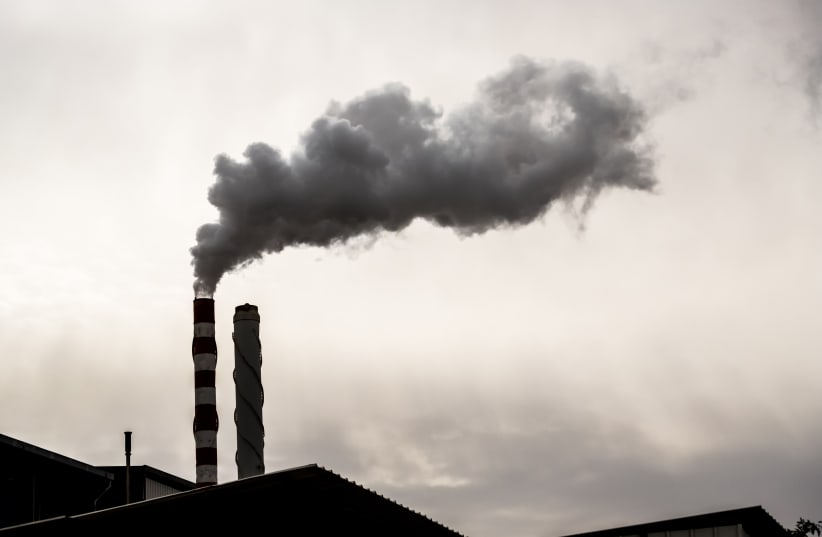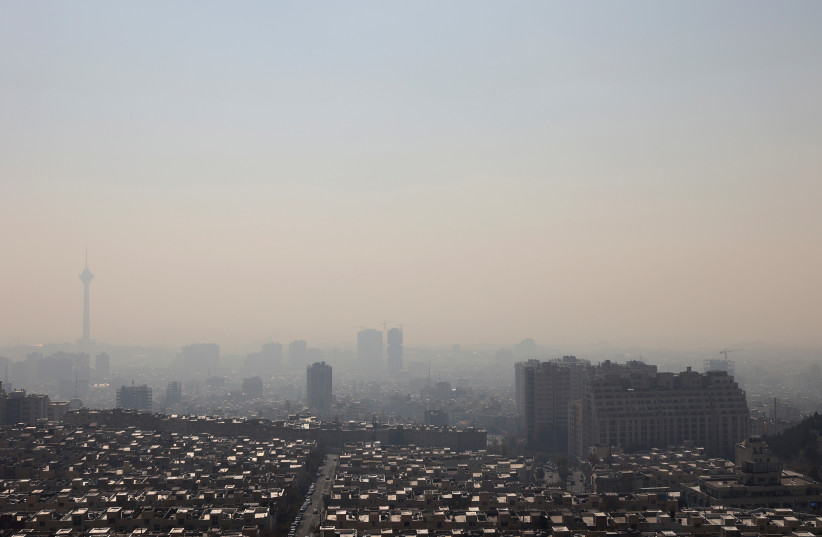Approximately 1,200 premature deaths in those under the age of 18 per year occur as a result of complications and negative impacts of air pollution, according to an assessment published by the European Environment Agency (EEA) on Monday.
The agency also stated that level of key air pollutants in Europe is higher than that of the health-based guidelines of the World Health Organization. The EEA, however, stresses that there have been significant improvements over the past couple of years. A EEA report from last year said that air pollution is "the largest environmental health risk in Europe."
The reason of the high amount of deaths among children and adolescents is because of their immune systems, bodies and organs are still developing, which makes them more vulnerable to air pollution, the EEA states. A briefing by the agency stated that air pollution also increases the risk of disease later in life.
The amount of premature deaths every year will continue to be over a thousand among children and teenagers within the EEA's 32 member countries, the agency estimates.
How is air pollution dangerous?
Air pollution can cause heart disease, stokes, lung diseases, morbidity, asthma, allergies, respiratory infections and lung cancer.
To combat this, EU institutions have endorsed the zero pollution action plan, which aims to reduce air pollution to levels that are no longer considered to be harmful to a person's health. It also aims to "reduce the number of premature deaths due to exposure to fine particulate matter by 55% by 2030, compared to 2005."
The EEA recommendation to make sure that children will be less likely to be negatively impacted by air pollution, is to overall improve the air quality especially around areas such as schools and during activities such as sports.
The Environment and Climate Change portal is produced in cooperation with the Goldman Sonnenfeldt School of Sustainability and Climate Change at Ben-Gurion University of the Negev. The Jerusalem Post maintains all editorial decisions related to the content.

